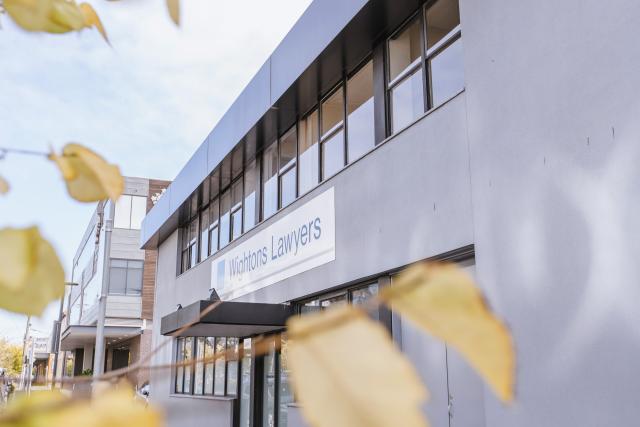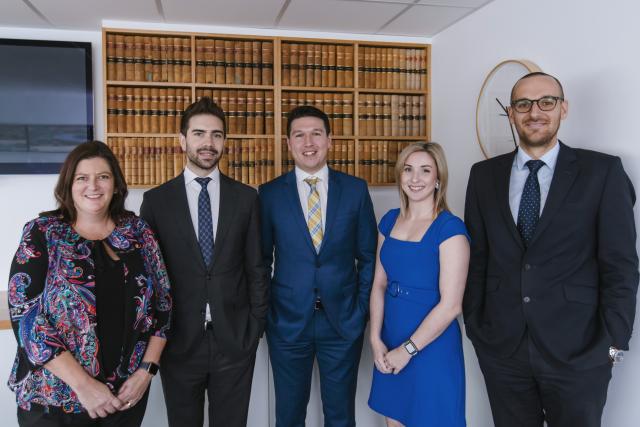A will is an important document which leaves certain instructions to be effective upon your death. These instructions should include the appointment of an executor, who is the person who is in charge of carrying out the instructions, and the division of all assets once all debts and expenses are paid for.
Other instructions can also be added. Wills often contain the appointment of a testamentary guardian; a person charged with the responsibility of caring for minor children. Funeral directions can also be included; whether a burial or cremation is preferred, or instructions regarding the location of a grave or scattering of ashes.
Wills can also establish ongoing trusts which can be utilised for many years. The most common trust structure allows for the executor to hold the beneficiaries’ entitlements until they attain a certain age.
A will cannot deal with an asset which is held jointly with another person – these joint assets will automatically pass to the surviving joint proprietor. Superannuation will generally pass to the person nominated with the superannuation fund. Life insurance will generally be paid to the person named on the policy, while trust assets cannot be dealt with by a will as these assets are owned by the trust.
Enduring powers of attorney are equally important documents which can appoint a trusted family member or friend as an attorney. An attorney is someone who can make decisions about someone else’s financial affairs, personal matters and medical treatment decisions.
Powers of Attorney are particularly useful for the unfortunate situation where a person loses decision making capacity, where the attorney would utilize their authority and act in the person’s best interests.
Enduring powers of attorney operate during a person’s lifetime, while a will operates afterwards. Both documents are equally important and should be completed well ahead of when they are needed. Just as a will cannot be done after death, a power of attorney cannot be given if a person does not have decision making capacity.
With multiple accredited specialists in Wills and Estates and offices in Geelong, Corio, Ocean Grove and Winchelsea, the team at Wightons Lawyers are uniquely stationed to provide the right advice regardless of the complexities.
Phone Wightons Lawyers on (03) 5221 8777 or visit www.wightons.com.au.
This article is general information only and is not legal advice or a substitution for such advice. Always seek professional advice suited to your own circumstances.










